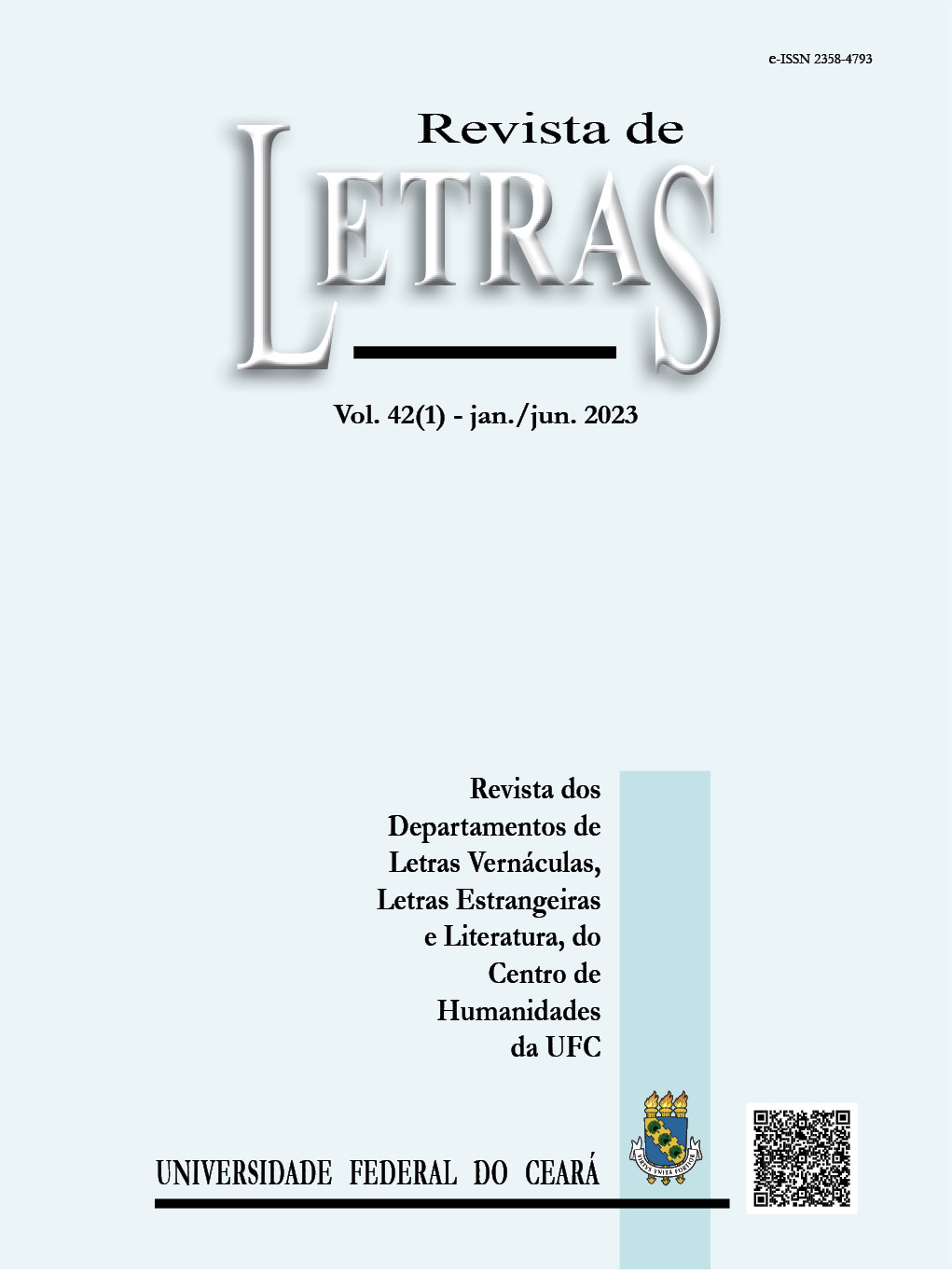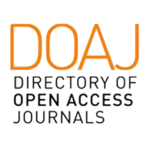THE TURN OF THE SCREW UM ESTUDO DESCRITIVO, INTERDISCIPLINAR E PRELIMINAR AO TRABALHO TRADUTÓRIO
DOI:
https://doi.org/10.36517/revletras.42.1.24Abstract
The Turn of the Screw by Henry James has been the object of critical studies since its publication in 1898. It is an example of the genre novella, defined as being "too short to be a novel and too long to be a short story" (who?), and in which Henry James was particularly successful. From the beginning, it was a huge success of both public and critic and was one of the greatest literary James’ triumphs, and perhaps his most controversial and enigmatic work. This paper presents the results of a preliminary study meant as background for the preparation of an annotated translation of the novella The Turn of the Screw into Brazilian Portuguese. Among other data sources for the translation there is a corpus containing the ten previous translations of The Turn of the Screw into Brazilian Portuguese, compiled for this study, and investigated with the aid of computer tools for linguistic analysis.
Downloads
Downloads
Published
How to Cite
Issue
Section
License
Copyright (c) 2023 Revista de letras

This work is licensed under a Creative Commons Attribution 4.0 International License.
Autores que publicam nesta revista concordam com os seguintes termos:- Autores mantêm os direitos autorais e concedem à revista o direito de primeira publicação, com o trabalho simultaneamente licenciado sob a Licença Creative Commons Attribution que permite o compartilhamento do trabalho com reconhecimento da autoria e publicação inicial nesta revista.
- Autores têm autorização para assumir contratos adicionais separadamente, para distribuição não-exclusiva da versão do trabalho publicada nesta revista (ex.: publicar em repositório institucional ou como capítulo de livro), com reconhecimento de autoria e publicação inicial nesta revista.
- Autores têm permissão e são estimulados a publicar e distribuir seu trabalho online (ex.: em repositórios institucionais ou na sua página pessoal) a qualquer ponto antes ou durante o processo editorial, já que isso pode gerar alterações produtivas, bem como aumentar o impacto e a citação do trabalho publicado (Veja O Efeito do Acesso Livre).

.png)






.png)
